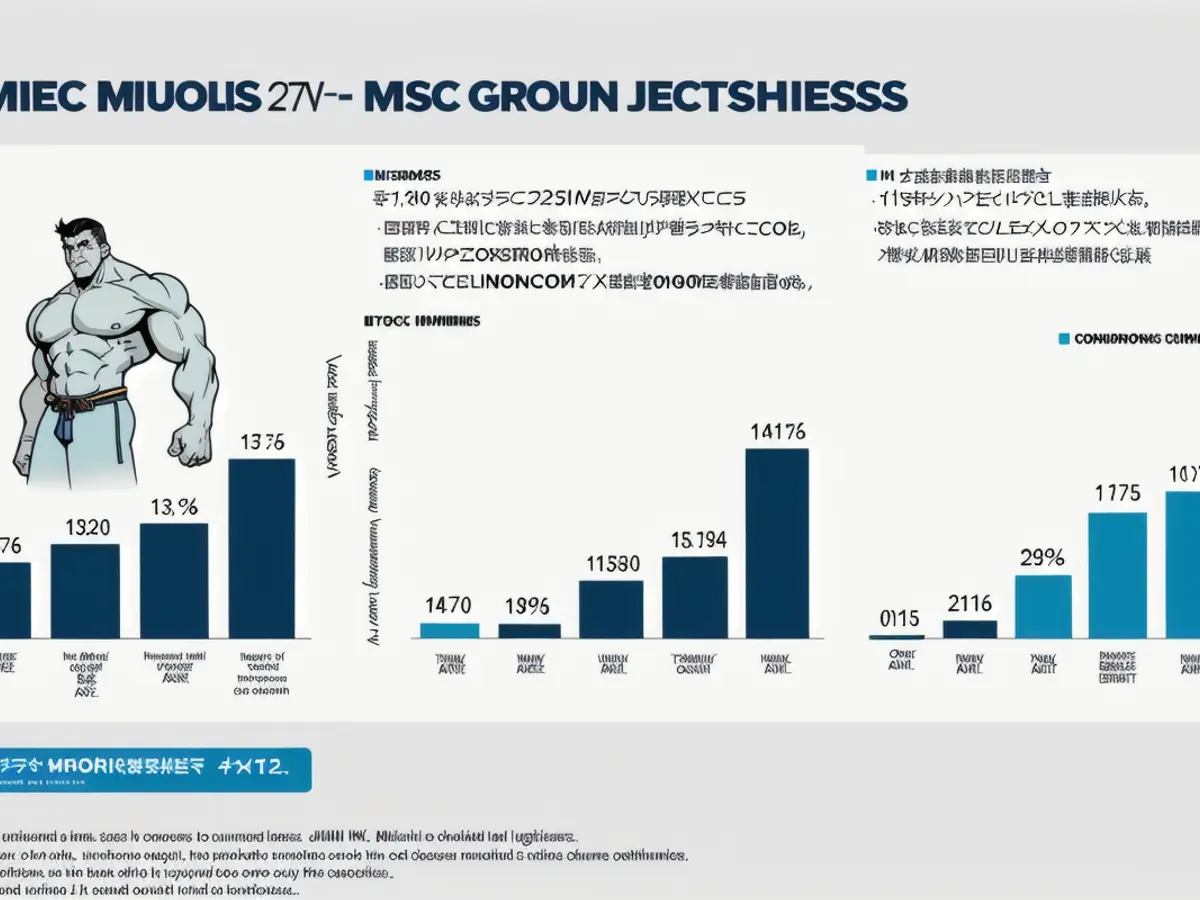Should one Buy, Sell, or Hang onto ExxonMobil Shares?
ExxonMobil (XOM dropping 0.67%) has been surprising the stock market in 2024, with its shares up by 20% and almost touching their all-time high. Despite the sluggish energy prices and the tech sector stealing the limelight, this oil and gas giant has been performing exceptionally well.
The company's solid financial performance continues to solidify its blue-chip status, boasting a long record of rewarding shareholders. As we approach 2025, the question arises: Can the rally continue, or should investors turn towards greener investments?
Let's delve into the current situation with ExxonMobil stock.
Reasons to purchase or hold onto Exxon stock
ExxonMobil's attractiveness as an investment lies in its broad and excellent global asset portfolio. Its vast operational reach, covering exploration and production, refining, marketing, and specialty chemicals, grants an edge in the sector, enabling risk management and maximization of cash flows using a worldwide infrastructure.
This advantage was evident in Exxon's third-quarter earnings report, where an ongoing enterprise-wide transformation program has yielded $11.3 billion in cost savings since 2019, resulting in a strengthened earnings ability. With $1.92 in EPS this quarter, surpassing the average Wall Street estimate of $1.87, the company credited strong upstream production growth. Exxon reported an average daily liquid volume of 3.2 million barrels, the highest in over 40 years, as a result of record production in Guyana and the Permian Basin fields. Essentially, Exxon is effectively handling lower crude oil and natural gas prices by increasing profit per oil equivalent barrel while enhancing output.
Looking ahead, further cost savings and production growth are projected, boosting Exxon's earnings, particularly in a scenario where energy prices rise.
Other positive aspects for the company include their performance in the chemicals segment, where high-value performance products hit a new quarterly high in Q3. Robust free cash flow has funded more than $26 billion in share repurchases up until the end of 2024. Exxon has also announced an increase in its dividend payout, uplifting the quarterly rate by 4% to $0.99 per share, yielding 3.3% on a forward basis.

In summary, ExxonMobil presents numerous appealing aspects for investors confident in the company's capacity to carry out its long-term strategy.
Reasons to sell Exxon stock
Although the headline figures might appear favorable or the company's performance may seem impressive, the unpredictable nature of the stock market necessitates adequate consideration of potential risks.
For ExxonMobil, the primary risk is a swift deterioration in macroeconomic conditions, causing energy prices to plummet dramatically, which would necessitate a reevaluation of the company's earnings potential. While there's no indication of such developments materializing, it remains uncertain that oil prices will climb higher.
Furthermore, the emergence of electric vehicles achieving significant market penetration and other forms of alternative energy gradually replacing the need for fossil fuels could pose a challenge for Exxon in the near and long-term future. Investors who anticipate Exxon may have reached its peak could justify selling the stock.
Time to decide on Exxon stock
In my opinion, the current situation is an excellent opportunity to purchase ExxonMobil stock, provided that a resilient global economy supports energy demand and higher oil prices as a catalyst for growth. Although shares trading at 15 times the company's 2024 consensus EPS might not offer an irresistibly inexpensive deal, I believe Exxon's improved earnings ability and dominant sector position justify its elevated valuation. Investors with a long-term outlook can view Exxon stock as an attractive option for oil and gas exposure within a diversified portfolio.
Given ExxonMobil's strong financial performance and robust cost savings, investors might consider reinvesting their money in this blue-chip company. The company's broad asset portfolio, cost-cutting measures, and production growth in key areas make it a potentially viable option for those seeking to invest in the oil and gas sector.
However, as the energy market evolves with the growth of alternative energy sources, it's essential to consider the potential risks associated with investing in oil and gas companies, such as the impact of electric vehicles on fossil fuel demand. Prudent investors may want to allocate their finances wisely, considering both the potential rewards and the risks associated with ExxonMobil stock in the context of long-term finance strategies.




